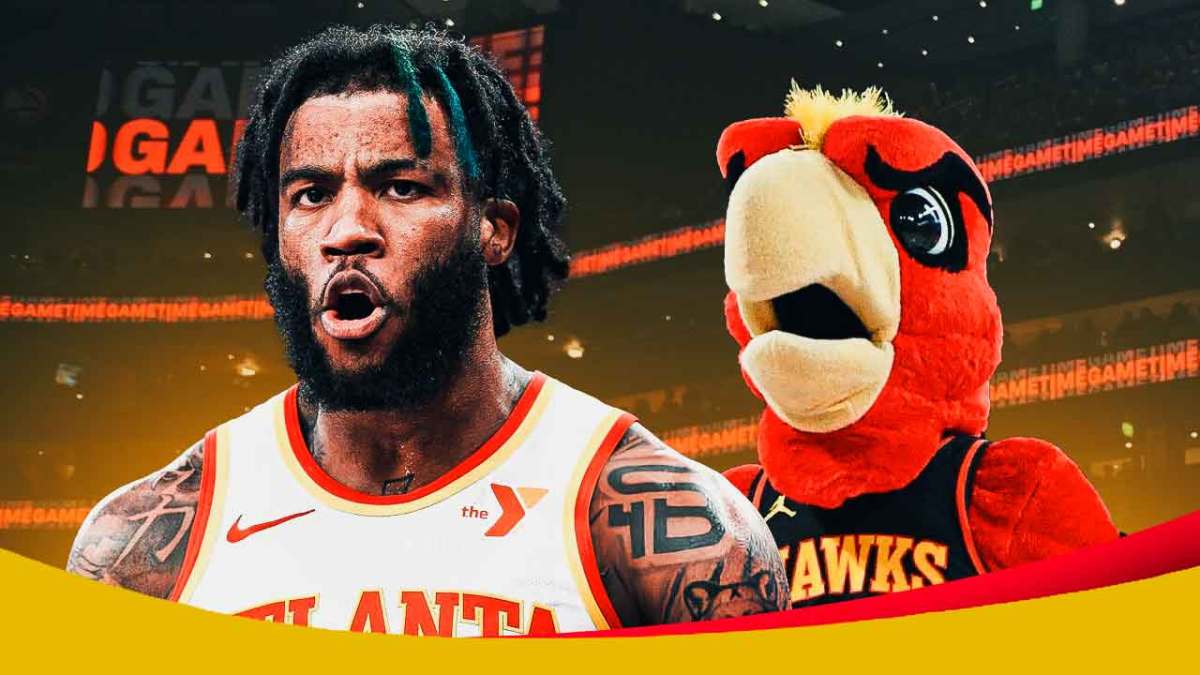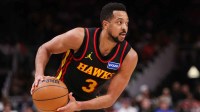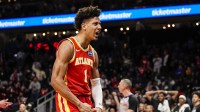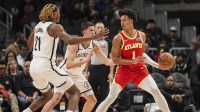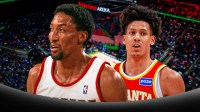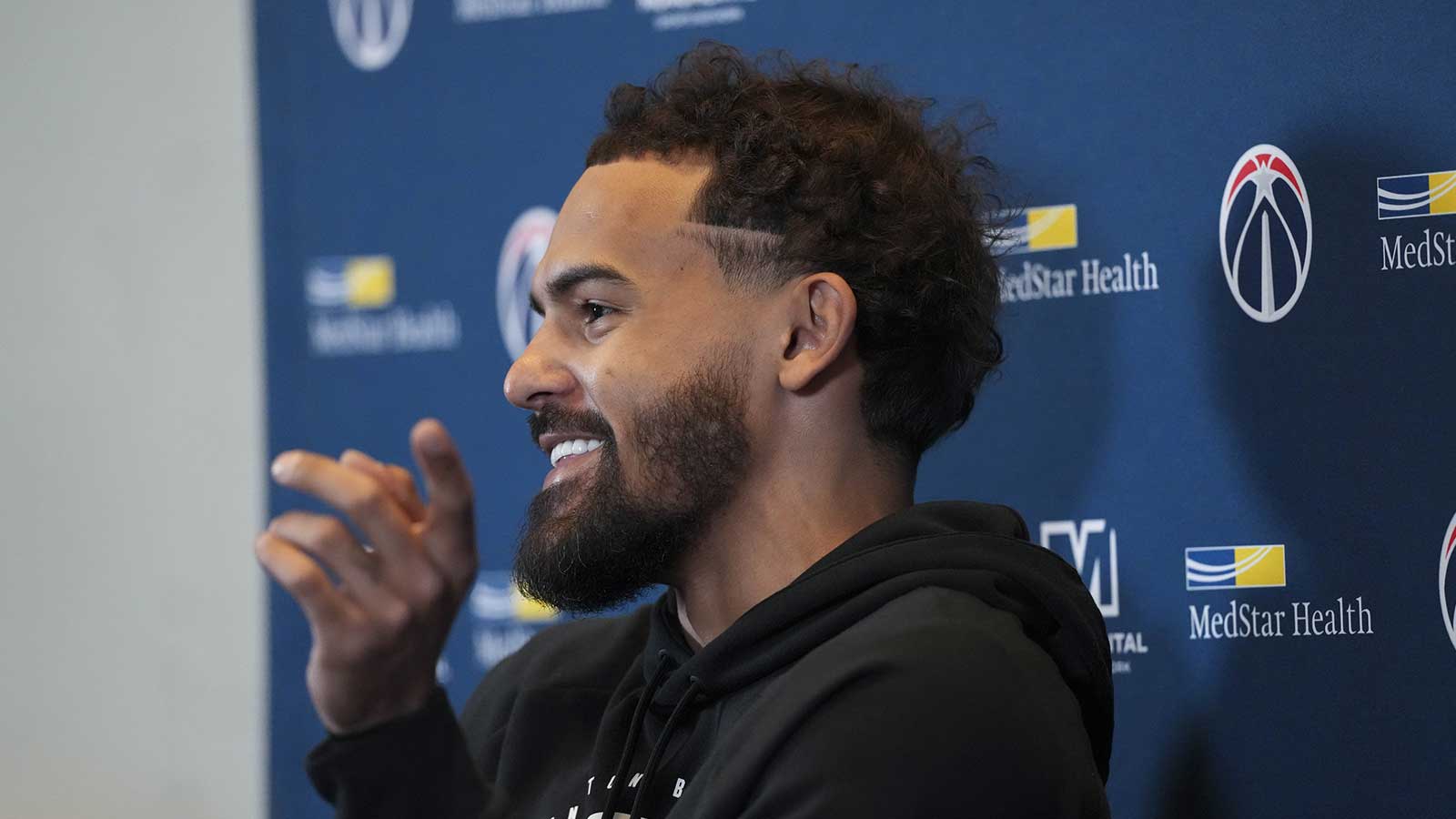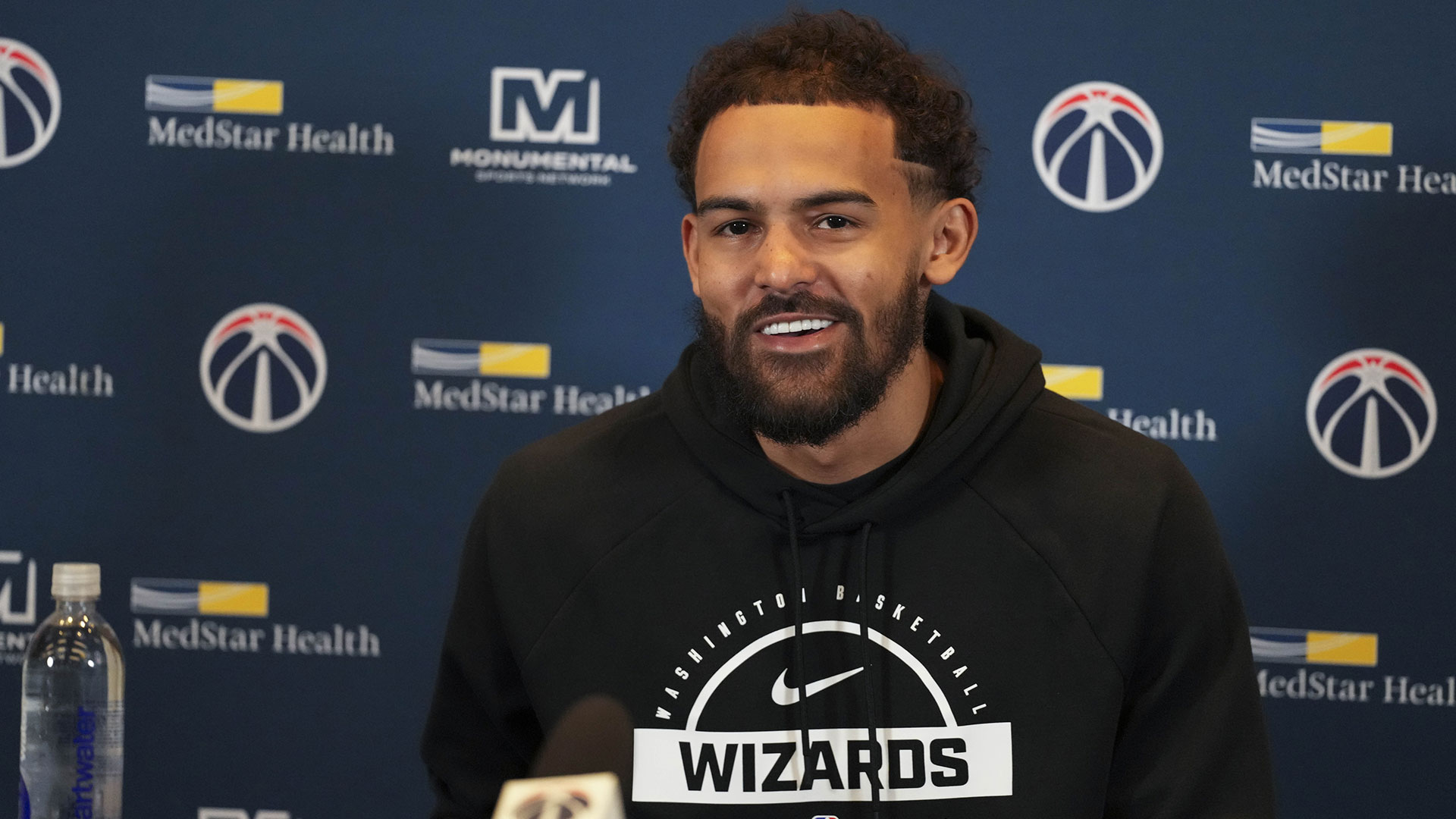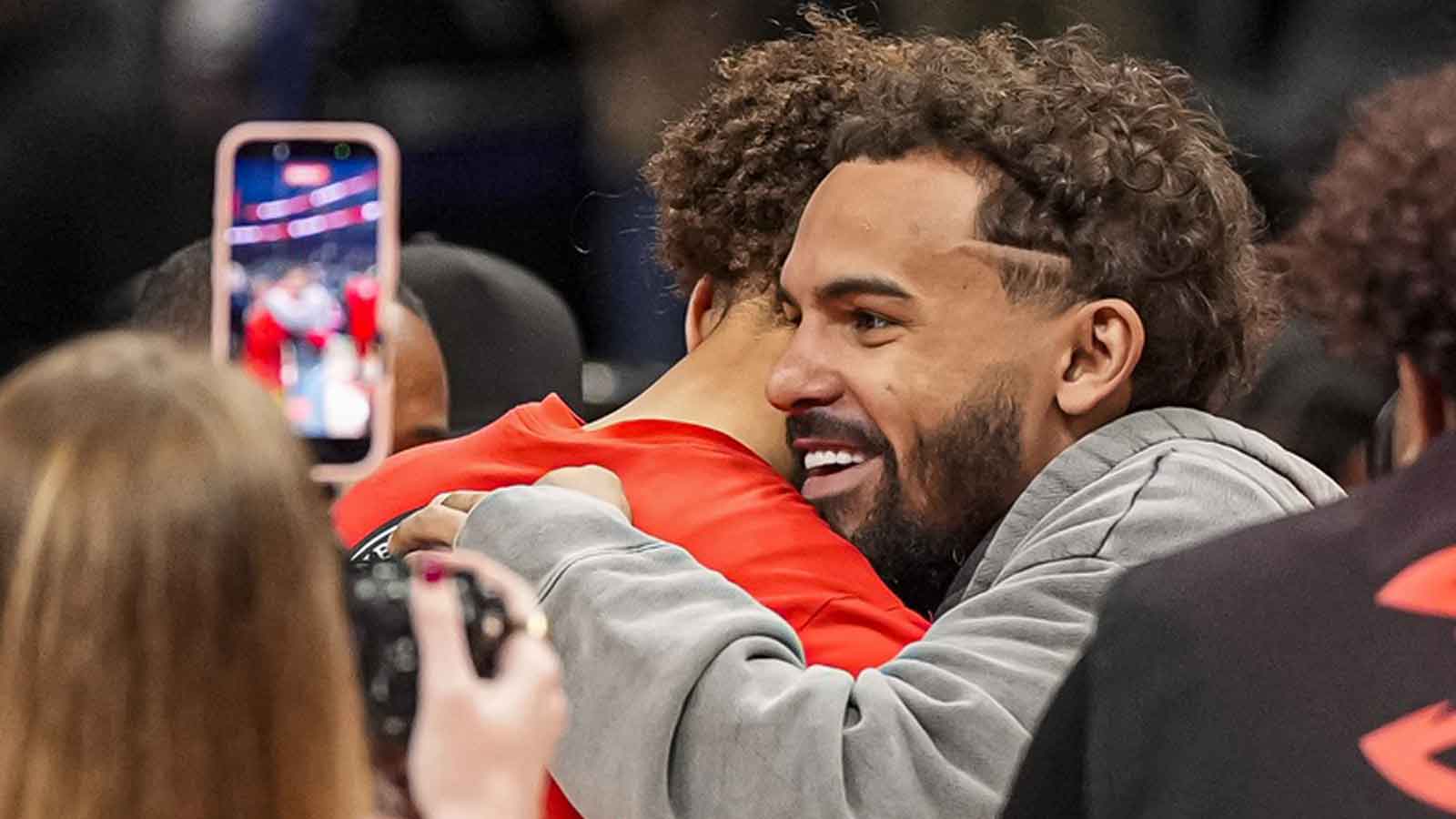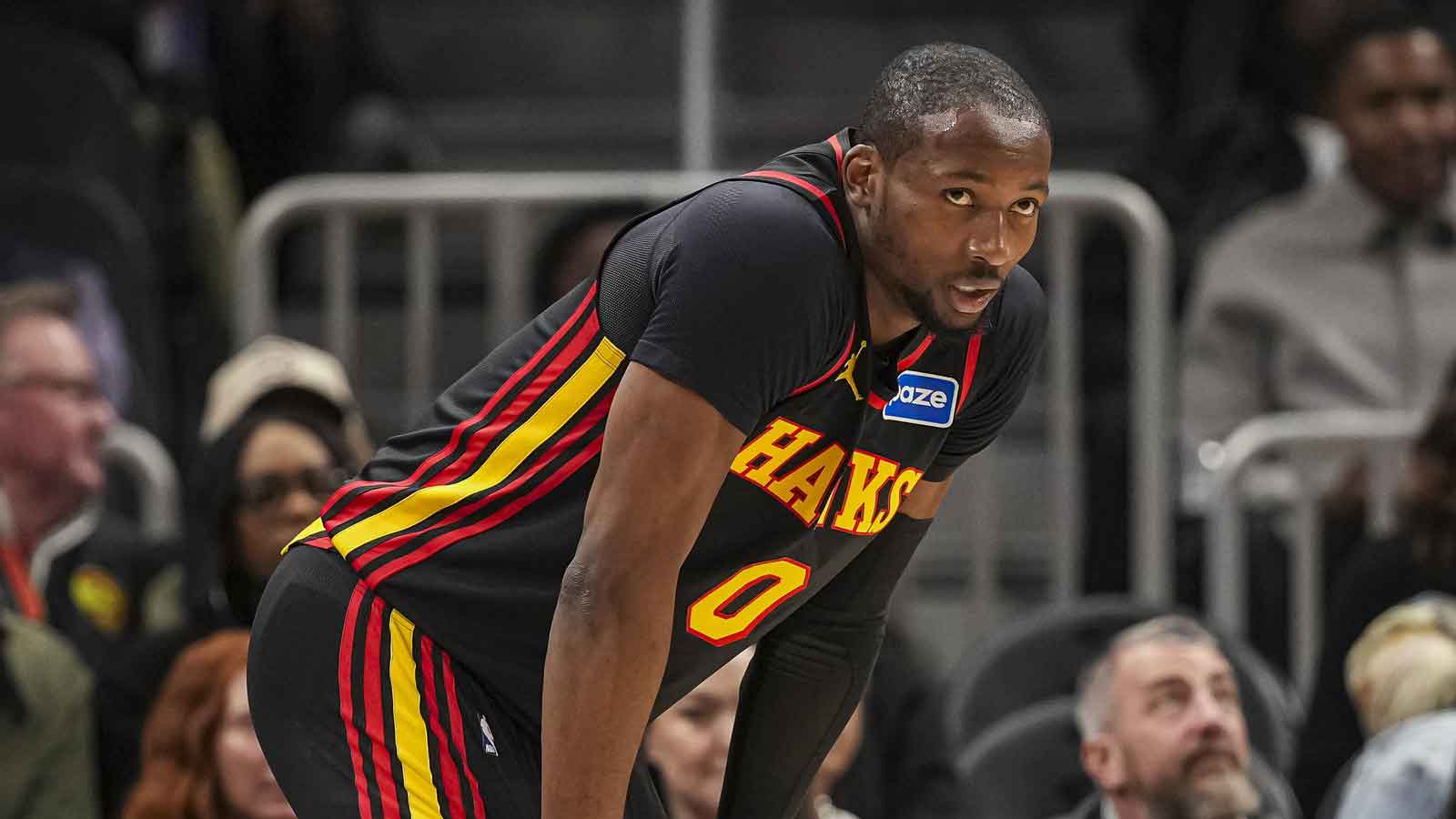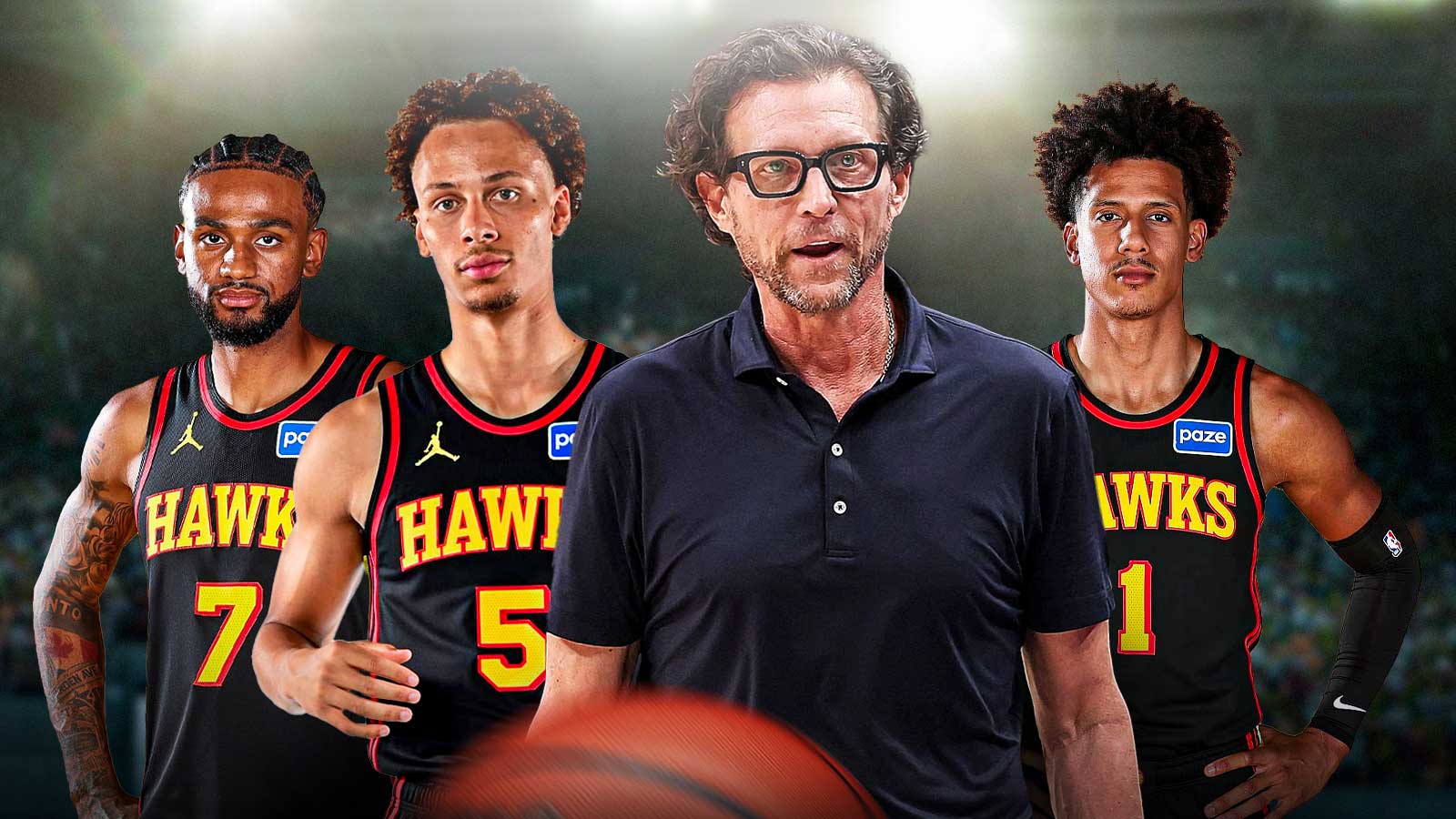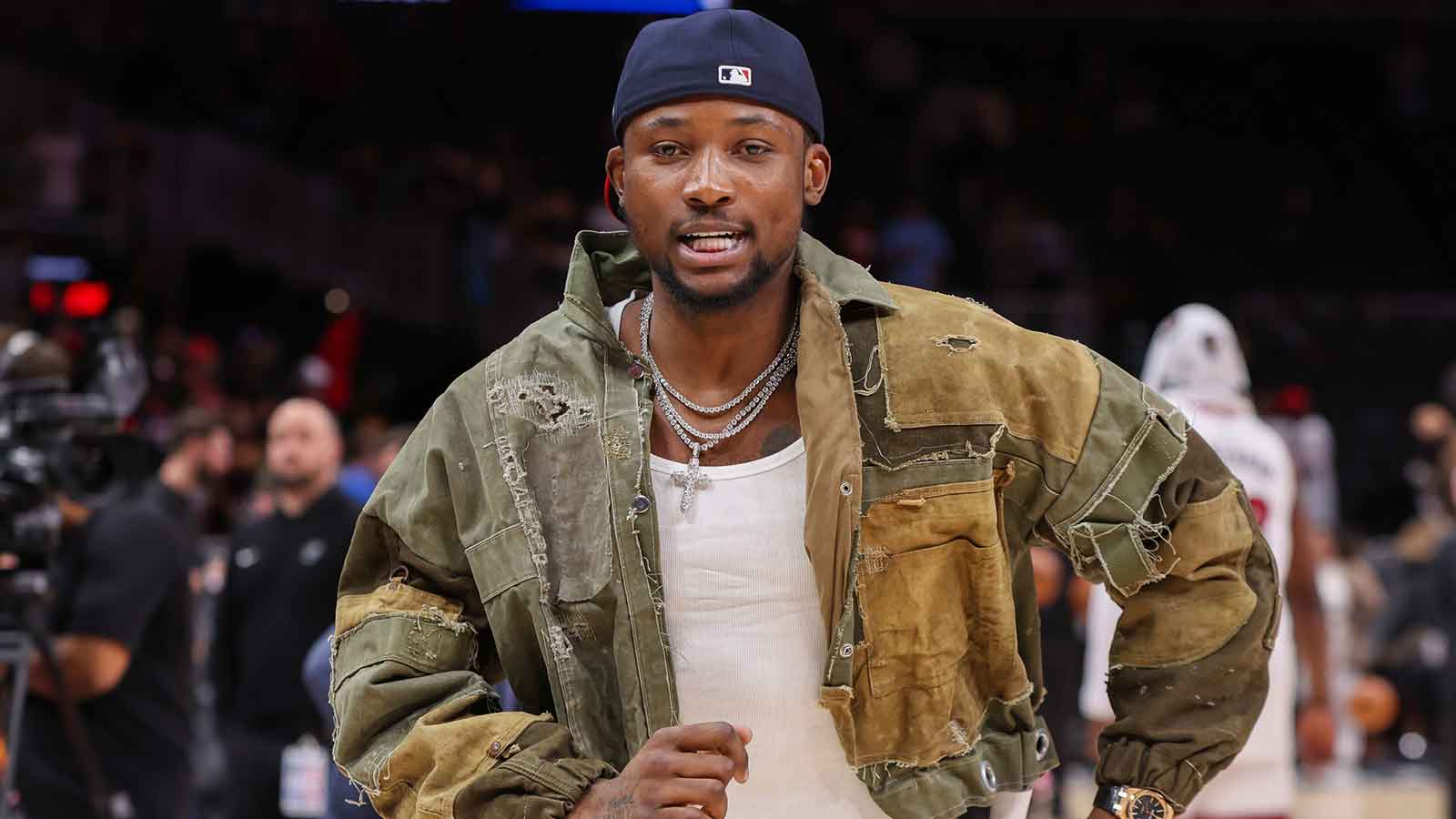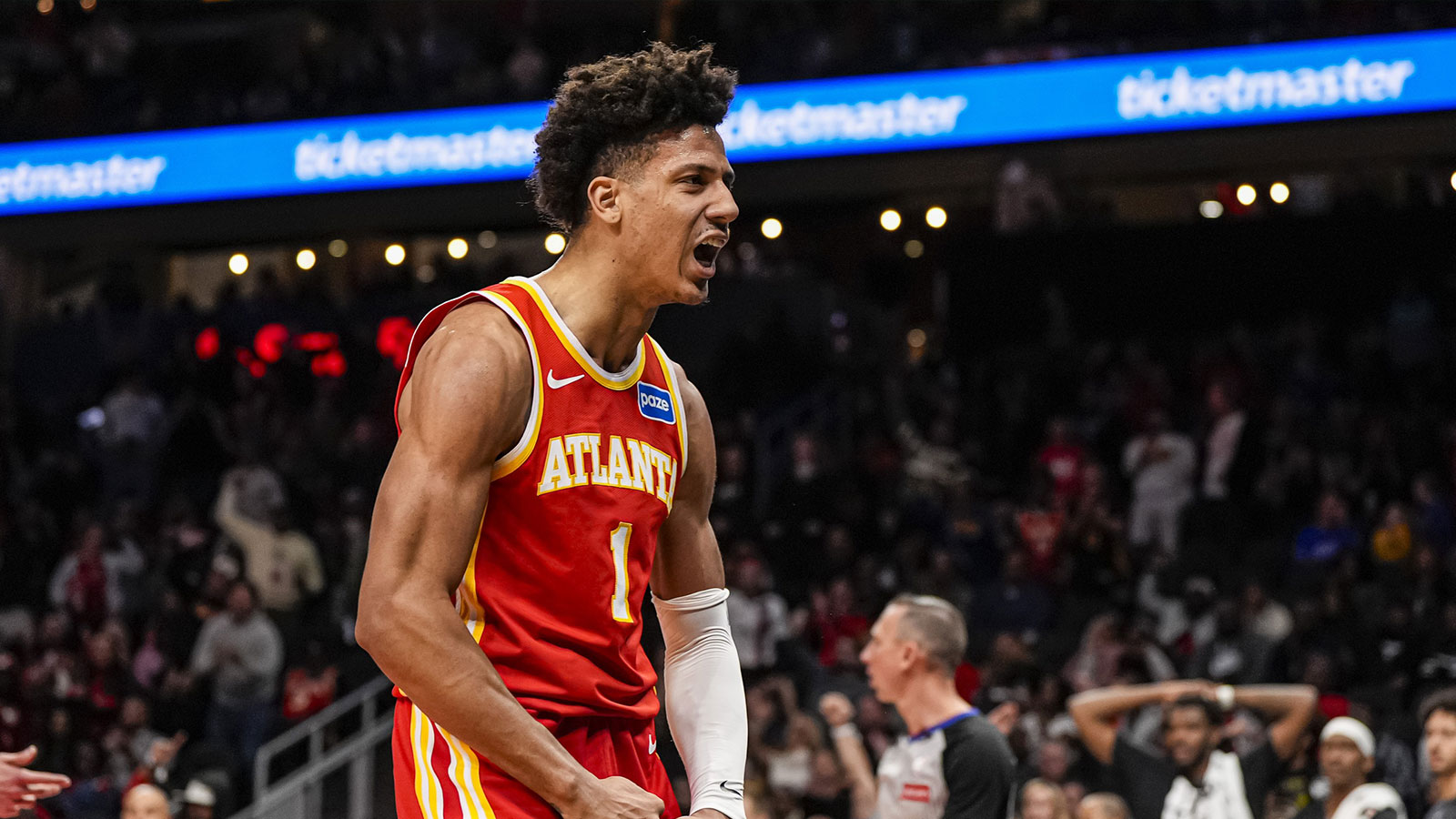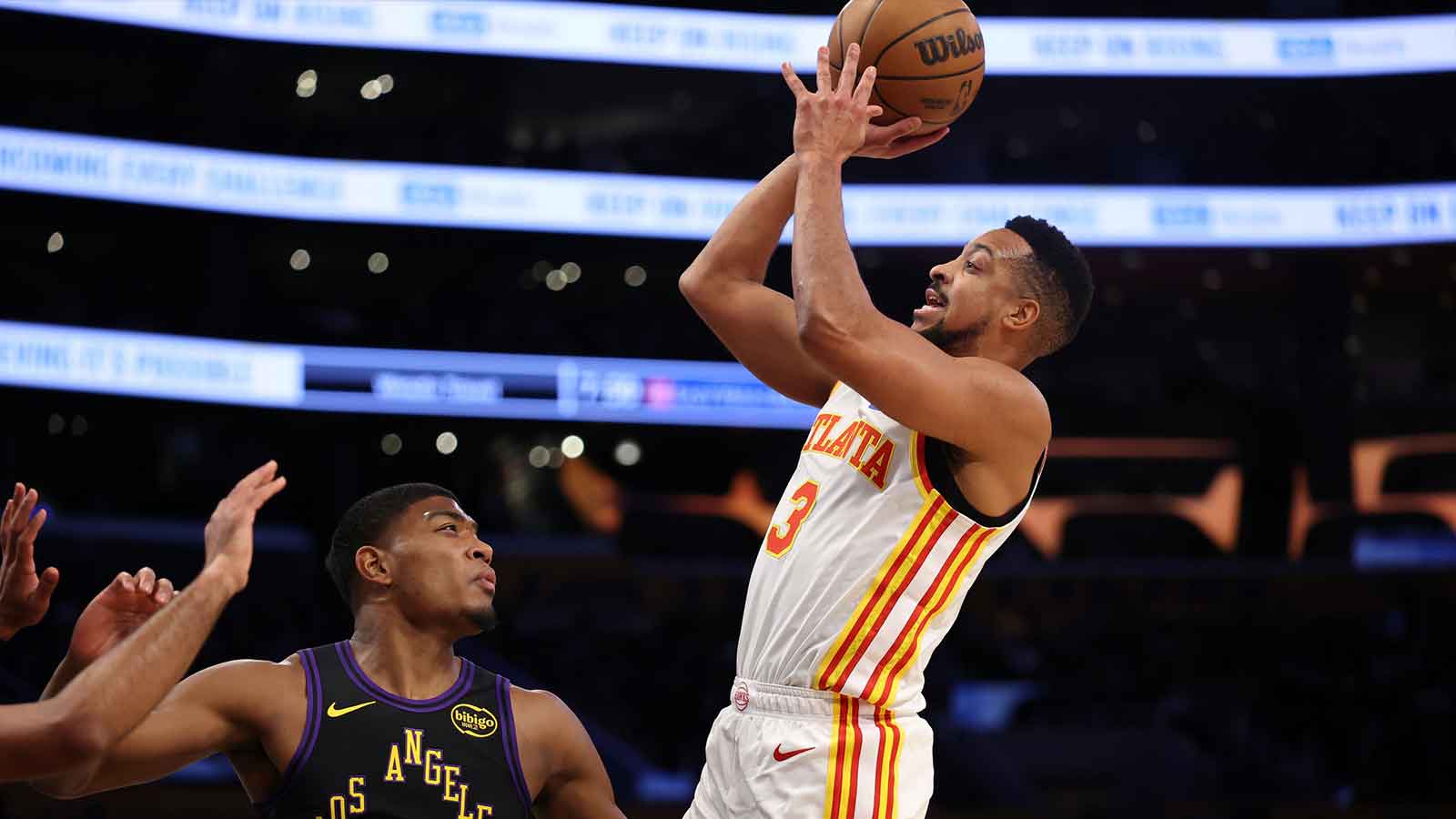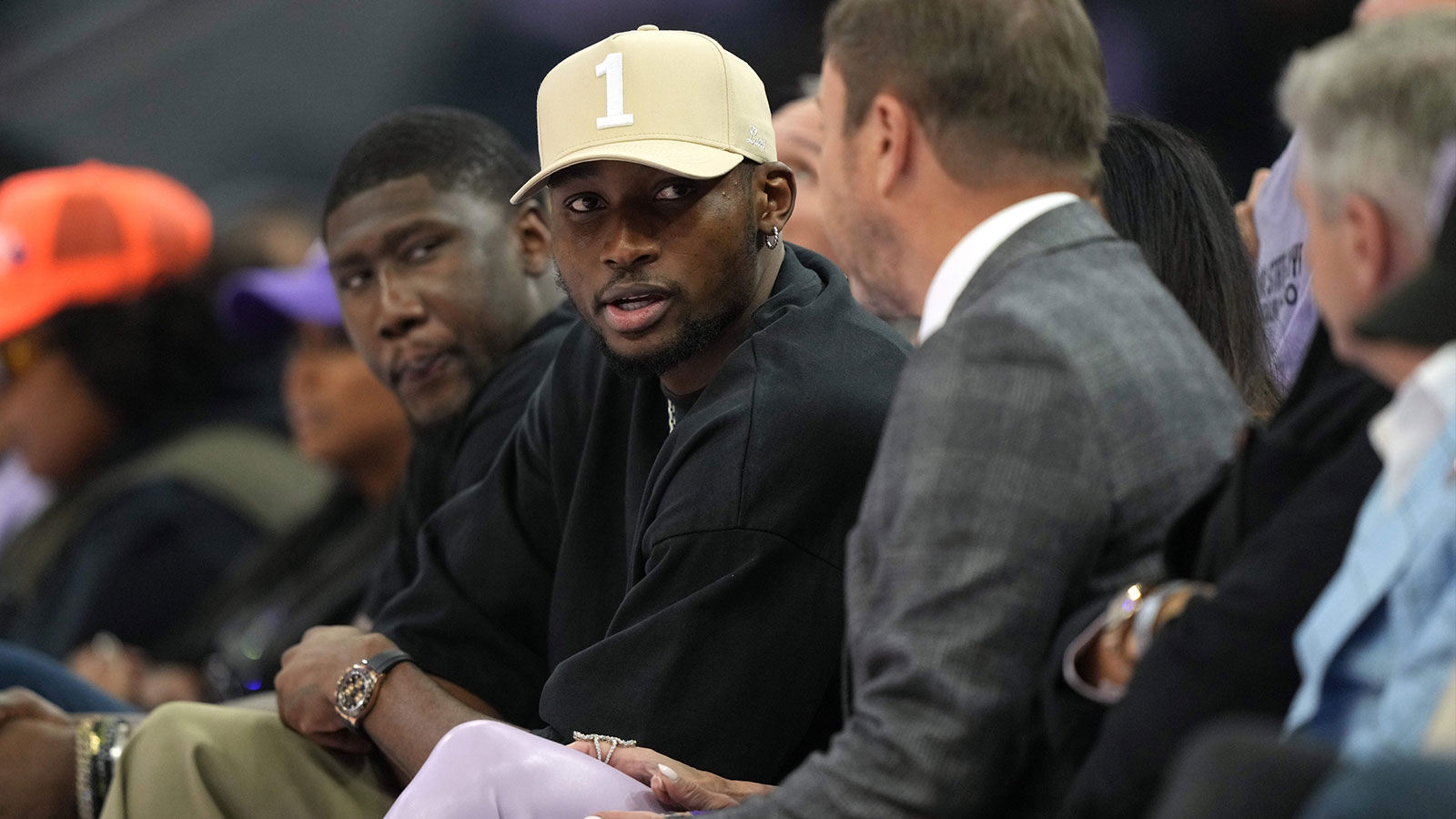When talking about the NBA offseason so far, one of the teams with the best wheelings and dealings has to be the Atlanta Hawks.
First, they won the NBA draft lottery, securing the services of one of the consensus top-two players available in the talent pool in Zaccharie Risacher, the 19-year-old forward from France who has the potential to become one of the team's franchise players heading into the future. While the Hawks didn't pull off any additional moves to shake things up even further on draft night, opting against trading down with the Spurs or packaging the pick to acquire a premier veteran talent, in the end, Atlanta added a premier player and are better off for it.
Then, the Hawks doubled down on their team-building philosophy and traded away DeJounte Murray to the New Orleans Pelicans for Cody Zeller, Larry Nance Jr., E. J. Liddell, Dyson Daniels, and a 2025 first-round pick (via Lakers), and a conditional 2027 first-round pick. Now sure, this move effectively announced that the initial Murray trade was a failure, but hey, it's better to correct an error early than live with the consequences of that failure for years, and the Hawks now have a deeper asset pool as a result.
So, with no other major moves in free agency left to make, what could possibly be the “biggest mistake” the Hawks made in free agency? Well, it's not so much about the deal they made but the deal they didn't, as considering the Hawks' current cap situation, they allowed a potentially valuable team-building opportunity to walk out the door for nothing.
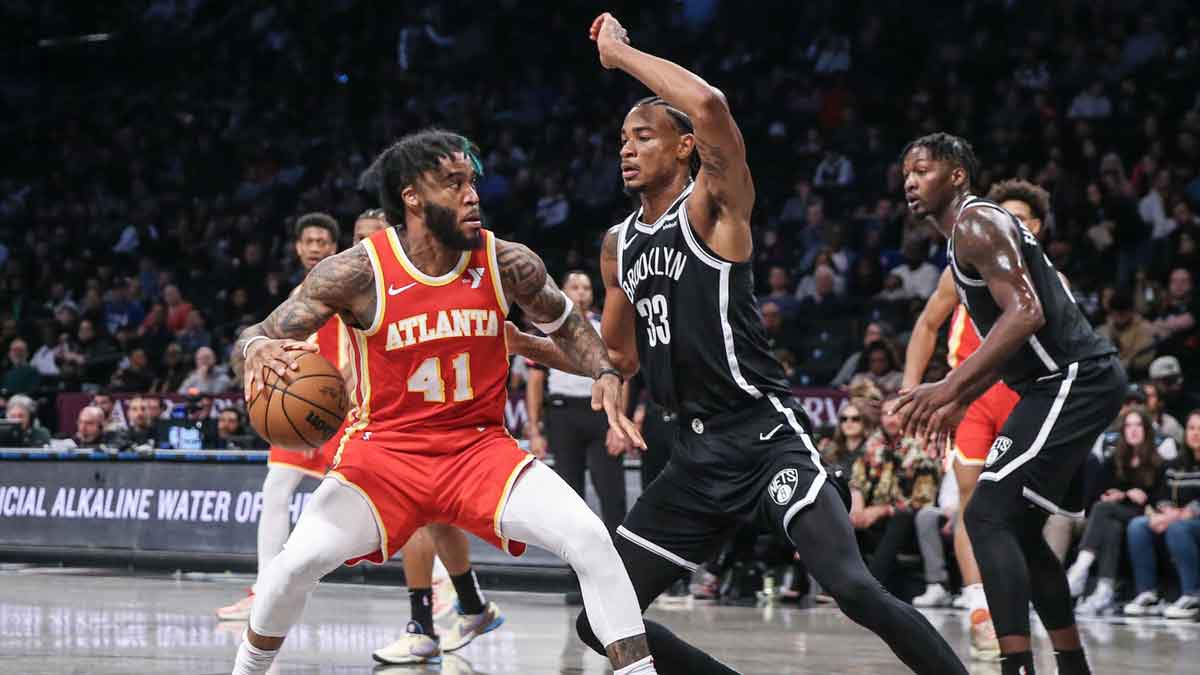
The Hawks should have re-signed Saddiq Bey
As things presently stand, the Hawks are heading into the 2024-25 season as a team over the cap, roughly at the first apron but about $11 million under the second apron, according to Spotrac. Because of this contractual quagmire, the Hawks don't have access to the taxpayer mid-level exception and could theoretically sign another player to a deal worth a little over $5 million, but other than that, they can only really acquire talent via trade, using their assets, be they contracts or draft picks, to make moves.
And yet, as teams like the Phoenix Suns and Philadelphia 76ers have learned, there is a sort of loophole to the current CBA that allows teams to create trade exceptions using the Bird rights of players on their current roster, which they can then use in future trades that require matching salary.
You see, while executing a sign-and-trade can lock a team in at the first apron, and the process becomes increasingly difficult for the more expensive teams in the NBA that can't aggregate multiple contracts in exchange for one player, once a player agrees to a new deal, they can be traded just like any other once their restrictions are lifted. Because teams are allowed to exceed the cap to re-sign their own players to any deal they are eligible for via Bird rights, the 76ers were able to give KJ Martin a two-year, $16 million deal, and the Suns did the same with Josh Okogie on an identical deal.
Why, you may ask, is this relevant to the Hawks? Well, because they could have re-signed Saddiq Bey to a similar deal, or to the three-year, $20 million he signed with the Washington Wizards in order to keep him on the team, play him in the future, or trade him to a contender once he's cleared to play.
Now granted, maybe the Hawks felt as though they already have too many moveable contracts and simply didn't see the need to add another; Murray was traded almost a week before Bey signed with the Wizards, and with Nance, Daniels, Liddell, and Zeller all under contract at varying numbers between $2.12 million and $11.2 million, Atlanta has various contracts to match money in a potential deal. Still, considering Bey's age, talents, value, and the sunk cost associated with his initial acquisition, one has to wonder if the Hawks wouldn't be better off with the Villanova product still under contract, especially if they don't need him to “win now” considering the nature of the team.
In the end, this deal really isn't that big of a deal either way, as using Bey as a human trade chip likely won't help the Hawks now or into the future, but it is a tad confusing to the team with the second-overall pick to make such a savvy business decision when the team that picked before then could have done the very same using their Bird rights but opted against it. Though the move may have been small, giving an asset away for free isn't the best look for a team looking to soft rebuild after years stuck in the middle.

